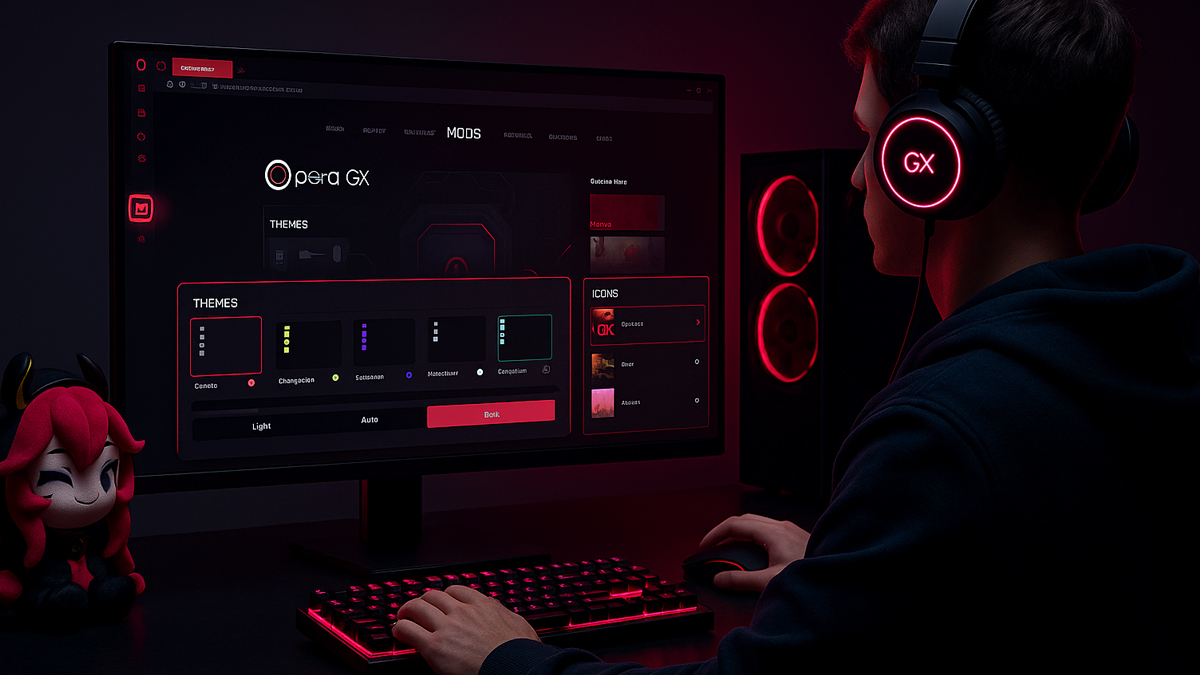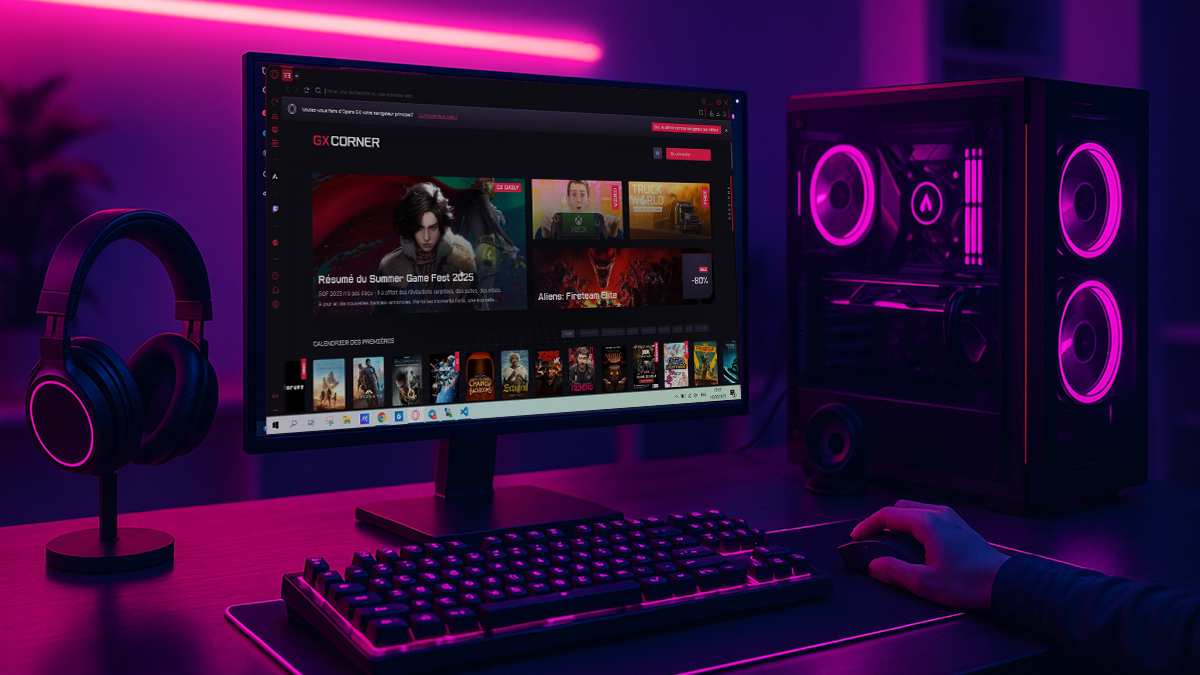Different users, different needs
Let’s get one thing out of the way there is no single “best” VPN. Anyone promising that is either selling something or hasn’t tried watching Netflix from a beach in Croatia while handling sensitive work emails on hotel Wi-Fi. In real life, it all depends on you.
Not totally sure what a VPN actually does behind the scenes? You’re not alone. If you want a clear, no-jargon explanation, check out this quick guide on how VPNs work it’ll help you get the full picture before choosing one.
If you’re a remote worker hopping between co-working spaces and cafés, you probably care a lot about encryption strength and reliability. If you’re a world traveler jumping on airport Wi-Fi every other week, your priority might be speed and connection stability. And if you’re just trying to stream a show that’s only available in Canada from your couch in Rome well, all you really want is a smooth, no-buffering experience.
The key is knowing your habits. Are you using public Wi-Fi often? Do you need to bypass censorship? Are you mostly looking for privacy, or just trying to dodge region blocks? Different needs mean different features matter more. And that’s perfectly okay.
Key features to compare
Choosing a VPN can feel like shopping for a mattress. Everything claims to be “secure,” “fast,” and “trusted by millions.” But once you look under the hood, the details matter. Here’s what to actually pay attention to:
- No-logs policy: This is huge. A VPN that doesn’t log your activity means there’s nothing to hand over even if someone asks. Look for services that have had this policy verified, not just claimed.
- Jurisdiction: Where a VPN is based affects what legal obligations it has. A provider based in a country with aggressive surveillance laws? Probably not ideal.
- Connection speed: No one wants their secure tunnel to feel like a dial-up cave. Look for reviews that test real-world speeds, especially if streaming is on your list.
- Customer support: If something breaks at 2 a.m. and you’re mid-deadline, it helps to know someone’s actually there to answer.
- Third-party audits: This is the grown-up version of “trust me.” A good VPN should be willing to let independent experts peek at their code and confirm the privacy claims.
Here’s a quick comparison snapshot to help you visualize some of this:
| Feature | Why it matters | What to look for |
|---|---|---|
| No-logs policy | Keeps your activity private | Look for audit-backed claims |
| Speed | Makes streaming and work usable | Check user reviews, not ads |
| Jurisdiction | Affects legal access to your data | Avoid high-surveillance countries |
Honestly, some of the flashiest features aren’t the most useful. Stick to the stuff that actually affects your daily experience. Fancy dashboards are fun, but solid encryption and consistent speed? That’s what you’ll notice.
Also, if you’ve ever wondered whether a VPN is really different from a proxy or when to use which here’s a breakdown comparing the two that clears up the confusion.
Red flags to avoid
Not all VPNs are created equal. And some? Just plain sketchy.
A big red flag? Vague or confusing privacy policies. If you have to squint through a wall of text and still can’t tell if they’re collecting your data, walk away. A solid VPN should be able to explain their logging policy in clear, human language.
Then there are mobile apps that ask for way too many permissions. Why does your VPN need access to your contacts and location all the time? It doesn’t. That’s shady.
And here’s the kicker some free VPNs include trackers. Yep, the thing you’re using to protect your privacy might be doing the opposite. It’s like locking your front door, then handing a stranger the keys because they offered free pizza.
So treat free VPNs with caution. There are a few trustworthy ones out there, but they’re the exception, not the rule. If the product is free, the product might be you.
Quick checklist
- Look for: no-logs policy, strong encryption, speed, transparency, third-party audits
- Avoid: unclear privacy terms, too many app permissions, VPNs based in surveillance-heavy countries
Bottom line? The right VPN is the one that fits your habits and your values. Take your time, read the fine print, and trust your gut especially if something feels off.








